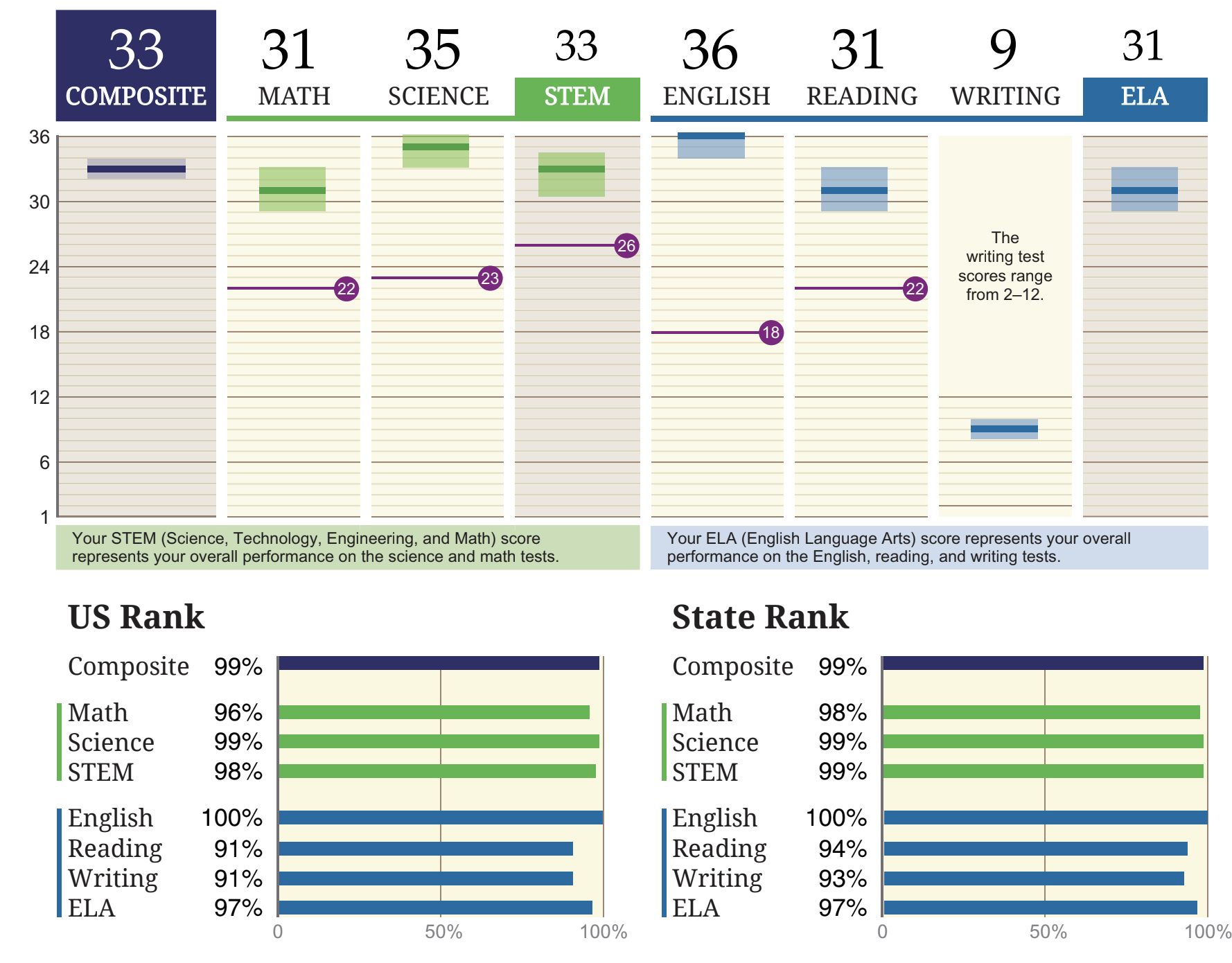Study Skills and Learning Strategies
A Pathway to Deeper Learning and Increased Success
Study Skills and Learning Strategies

Whatever career or college pathways students choose, they must study as part of the learning process. However, “studying” and “learning” are different. Yet, doing both well is essential to whatever a student’s chosen career or college pathway.
What is Studying?
Studying means “to read, memorize facts, attend school, etc., as part of the process of engaging in intentional efforts to acquire knowledge.”
What is Learning?
Learning means “to develop the ability to recall information from memory and apply to new situations.”
Like pursuing a career, learning how to study and learning how to learn will require work. Whether a student aspires to become an auto mechanic or a heart surgeon, both require that the student develop successful study routines and learning strategies. The same is true of whether a student plans to enter the workforce, enlist in the military, or enroll in college after high school. This book can help any student develop a planned approach to studying that will help them to become a better learner.
Students in our College Planning Cohort program are applying study skills and learning strategies that allow them to take rigorous classes, earn top grades, and earn top PSAT, SAT, and ACT scores, resulting in their being offered admission to top colleges and being awarded high dollar scholarships. Whether students are preparing for class exams, EOC tests, PSAT, SAT, ACT, IB, or AP exams, study skills and learning strategies are essential to maximize learning from classroom instruction, test prep, or tutoring. In its most simplistic form, learning strategies reflect what a student does in the moment, i.e., when receiving instruction from a teacher or tutor, followed by what a student does in their own time, i.e., when the student is studying. While the strategies utilized may vary by student, effective strategies must be identified for each student.
The ACT scores reflected below were attained by one of our students diagnosed with ADHD. Rather than viewing the diagnosis as an insurmountable obstacle, the student viewed the diagnosis as simply requiring that she develop an effective study skills and learning strategies plan.

In addition to earning ACT scores consistently above the 90th percentile, the student scored perfect 5s on all 9 of her AP exams, which included AP Calculus AB and AP Statistics. These results were not by accident or the result of wishful thinking, but the result of persistent effort.
Effortful Learning and Desirable Difficulty Matter
Effortful Learning is a mental workout. The more effort you put into your workout, the more muscle you build. Desirable Difficulty is ensuring that your workout is difficult. As your biceps, chest, and triceps grow as a result of strenuous workouts, so too, does your brain. These are the fundamental principles of learning. The effort and the difficulty involved in learning helps to build stronger memories in a manner similar to building stronger muscles. (p. vii)
No student needs to be a struggling learner when there is a plethora of brain-based study skills and learning strategies from which to choose. Rather than being prescriptive, “Career or College Pathway —Study Skills & Learning Strategies” guides students in identifying the study skills and learning strategies reflective of each student’s personality, temperament, learning style, mindset, and grit.
This book, and our hands-on training for teachers, parents, and students, is jam packed with strategies, examples, and links to videos. We also help teachers, parents, and students understand why popular strategies such as highlighting, rereading text, and even taking notes on a computer rather than by hand are low-value learning approaches. For example, in the following video, an instructor from the Columbia Teacher’s College provides insight into the learning process and the importance of taking action to become a more effective thinker and learner.
Some of the areas covered in the book, and through our training, are:
The Forgetting Curve: What it is, how to overcome it, and how to retain information better.
The Study Cycle: A step-by-step approach to studying and learning guaranteed to increase learning for any student with any learning style.
The Feynman Technique: What it is and why it should be a part of every student’s SAT and ACT test prep learning strategies.
How Memories are Created: Insight into how all learning occurs through encoding, retention, and retrieval and how to deepen learning and increase test performance.
Every student is a capable learner who should begin the school year with specific academic goals and a studying and learning strategies plan to achieve their goals.
Click here to order your copy today
Interested in our training your teachers, parents, or students? Click here to download a proposal.